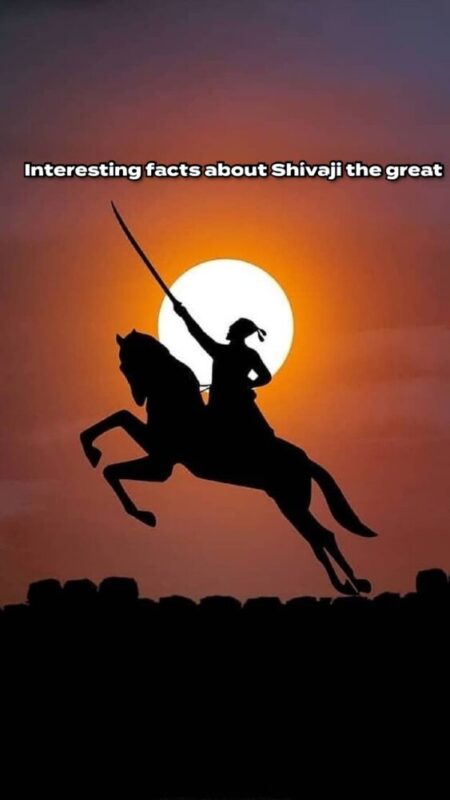Many people have heard the name of Shivaji the great but only a few of them really know about him. Chhatrapati Shivaji Maharaj, founder of Maratha kingdom, was born in 1630 or 1627 in Pune. He was the member of Bhonsle Maratha clan and came out with his own independent kingdom. Then, in 1674 he was crowned the Chhatrapati of his realm at the Raigad Fort. Other than such basic information, there are multiple facts about him that only a handful of people are aware of.
Therefore, we have made an effort to pick those facts and present before you so that you would be familiar with the hidden facts about such a great warrior and ruler that people usually forget to talk about in general these days.
Interesting facts about Shivaji the great –
1. He is known as Father of Indian Navy:
Shivaji the great was aware about the significance of naval force from the very beginning of his life and thus, built a quite powerful navy in order to keep foreign invaders like British, Portuguese and Dutch. He also built naval forts at Sindhudurg, Jaigarh, Vijaydurg and so on.
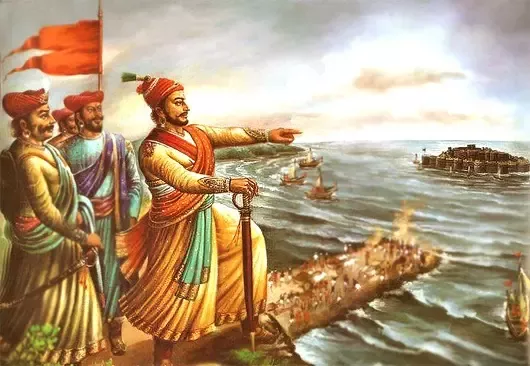
2. No woman was taken to prison under his rule:
He was completely against the harassment or violence with women and used to give his soldiers strict orders that no women should be harmed. In his rule, no woman was taken to prison and the women of captured territories were left unharmed. Men who tried to molest women received harsh punishments.
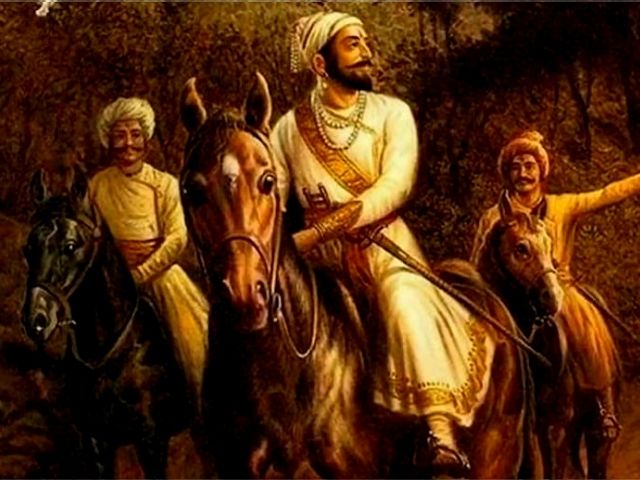
3. He believed in fighting for the country first:
Shivaji the great believed that he should fight for India first and then think about his own kingdom. His only desire was to have a free state. He also told his soldiers that they were battling for the freedom of their country rather than for any king specifically.
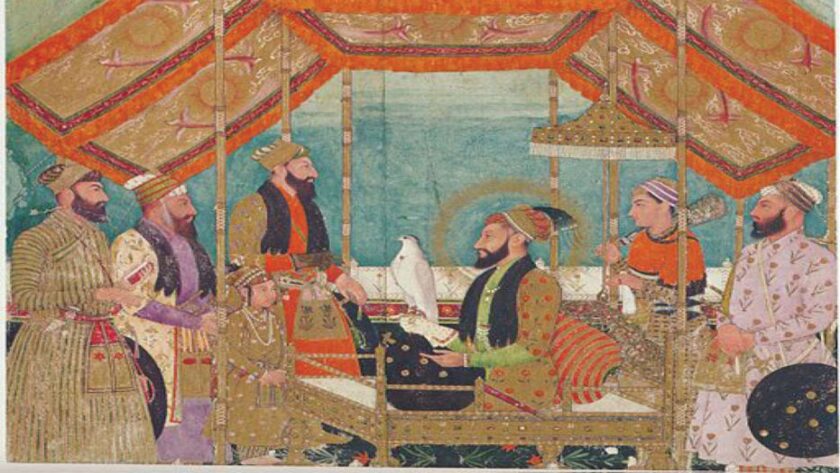
4. His name was not named after Lord Shiva:
Many people thinks that Shivaji the great got his name after Lord Shiva, but this is not true. He was named after a regional Goddess Shivai. Shivaji’s mother prayed to the goddess for a son. Shivaji receives God’s reputation not for his name but rather for his own deeds.
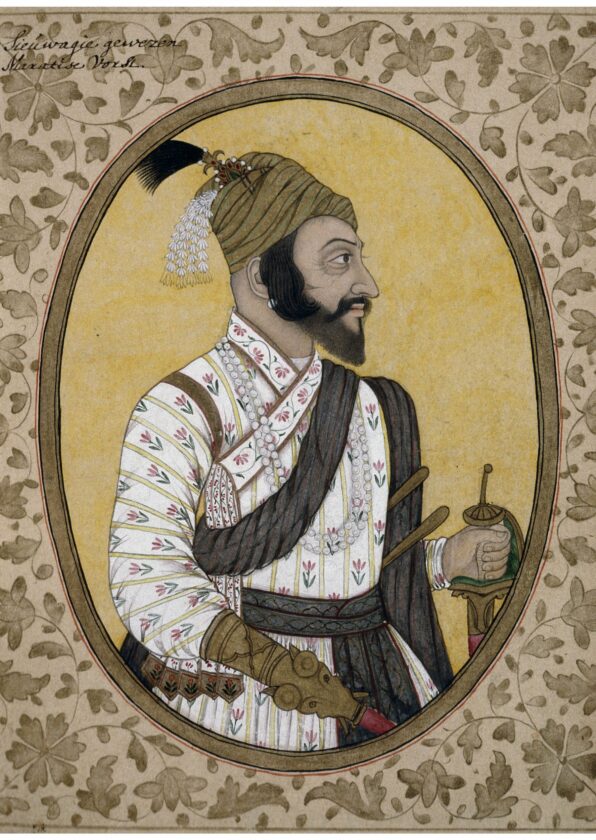
5. He welcomed all the religious beliefs happily:
Shivaji Maharaj used to have multiple Muslim soldiers in his army. In addition, he didn’t appreciate the caste conflict at all. He simply accepted all the religions and castes. He also supported the people who converted to Hindu religion and even married off his own daughter to a man who was converted into Hinduism.
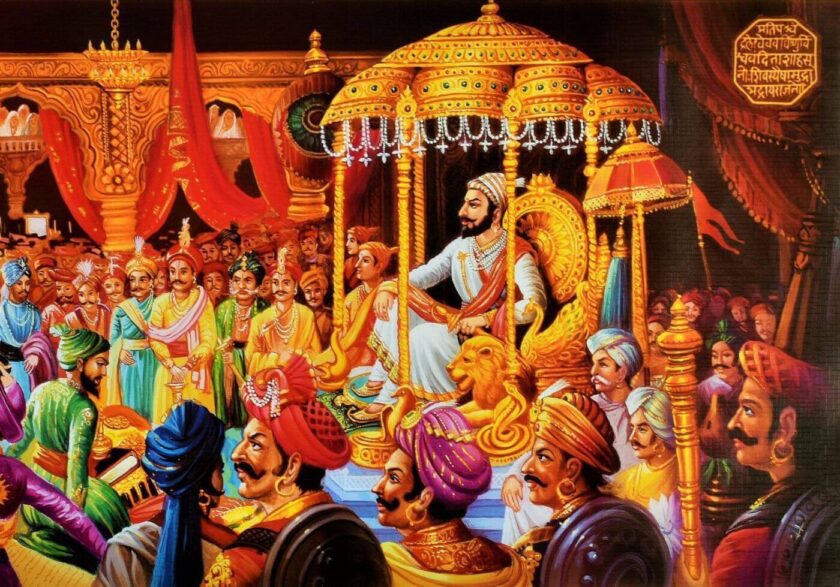
6. He devised a plan to escape Panhala fort:
When trapped in Panhala fort by Siddi Johar’s army, Shivaji the great created a plan to escape the fort. He arranged two palanquins. In one palanquin, a barber sat who looked exactly like him. About 600 soldiers went after the fake one meanwhile Shivaji successfully escaped.
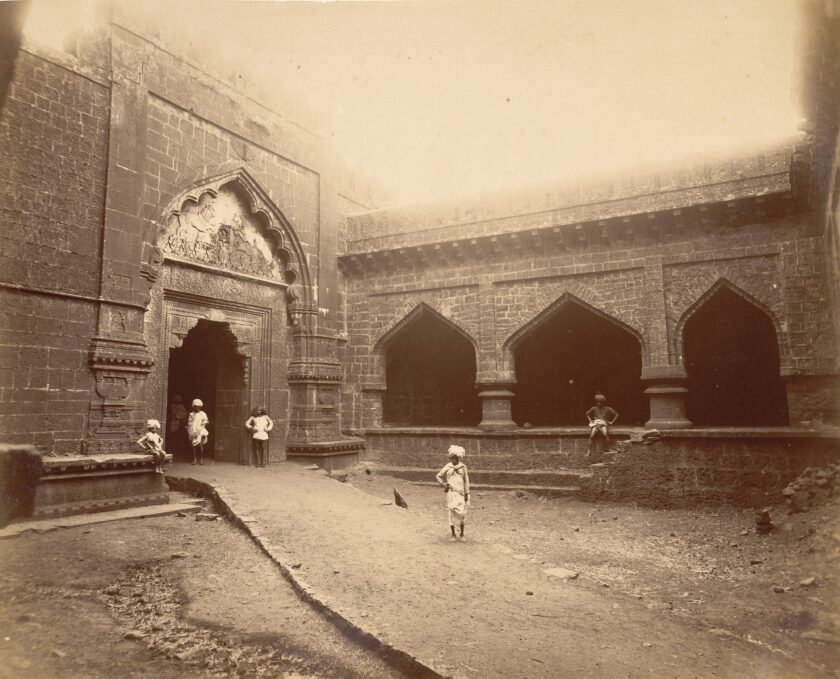
7. He successfully transformed his 2,000 men army into 10,000 soldiers:
It was his father who left 2,000 soldiers for him. Shivaji knew from the very beginning about the importance of a large, good and skilled army. Therefore, he extended his army from 2,000 to 10,000 men.
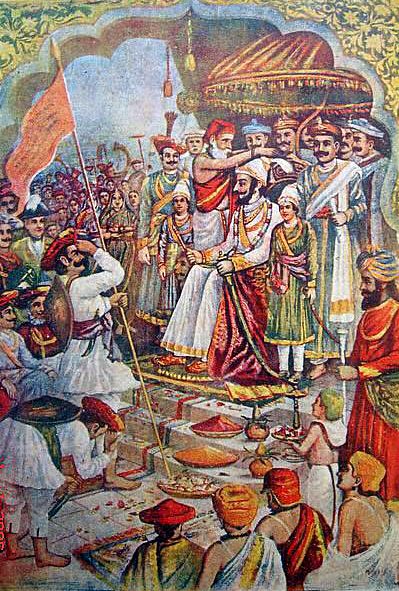
8. He was raised by only his mother alone:
Because of military engagement, Shivaji’s father was most of the times out fighting on the battlefields and this is the reason why his father was rarely at home. Shivaji Maharaj was thus, raised by his mother, Jijabai who supported him and made him one of the strongest and powerful warriors of India.
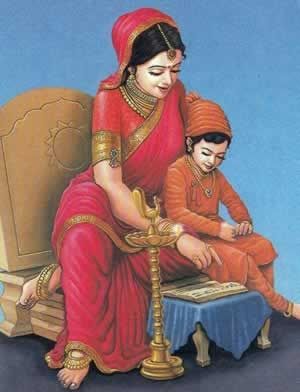
9. He was a highly educated warrior:
Shivaji’s early learning included writing, reading martial arts, horse riding and religious practices. Later, a special instructor or teacher was appointed in order to give him the right military training. According to Shivaji’s biographer, he became extremely learned by the age of just 10.
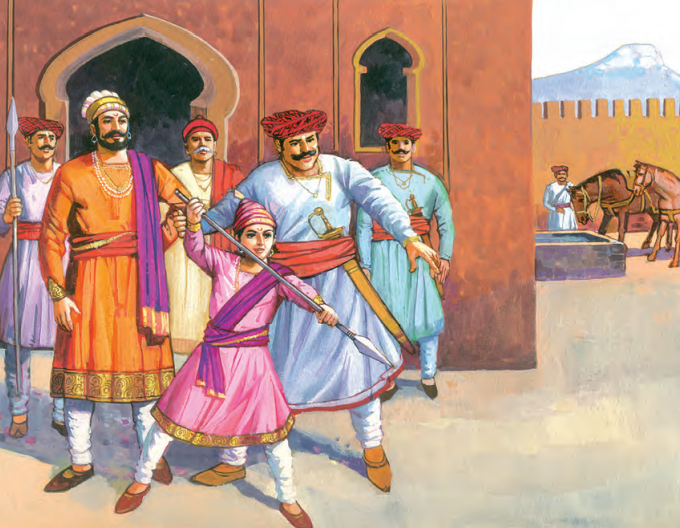
10. He used Guerrilla tactics warfare:
Shivaji Maharaj was quite popular for using guerrilla tactics that he formulated to use and fight his enemies. He felt his men’s inability to fight big conventional army on field and therefore, arranged a small army that was effective in small-scale raids. His guerrilla tactics helped him capture multiple forts in lesser time.
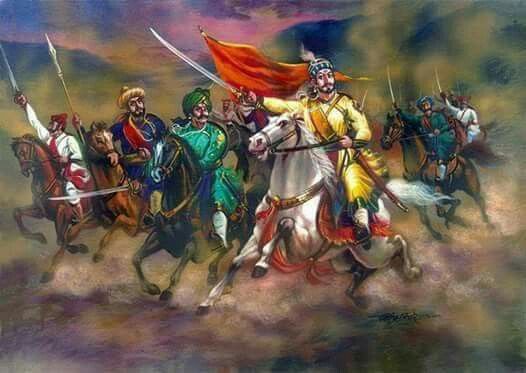
11. Shivaji was already a military commander when he was just 15:
As people said that Shivaji the great was a born leader, when he was just 15, he discovered all the hilly area surrounding the fort and was quite familiar with the region. He collected a group of good soldiers who also helped him in his early conquests later. Then, he commanded over more than thousand soldiers.
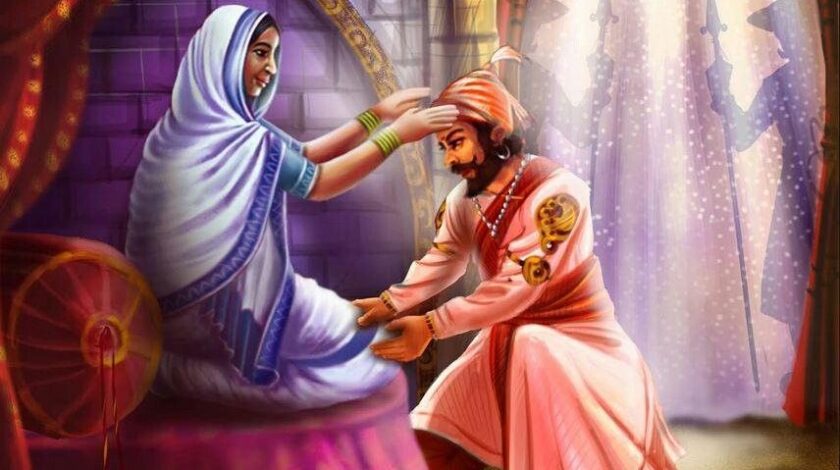
12. He was the founder of Maratha empire:
After his control over territories, he decided firmly to establish first Hindu Sovereign state in South. He became the first King of Marathas in 1674 at Raigadh among the crowd of 50,000 people. The Maratha administration was established under his rule and 8 ministers were appointed to look after the proper functioning of all the policies.
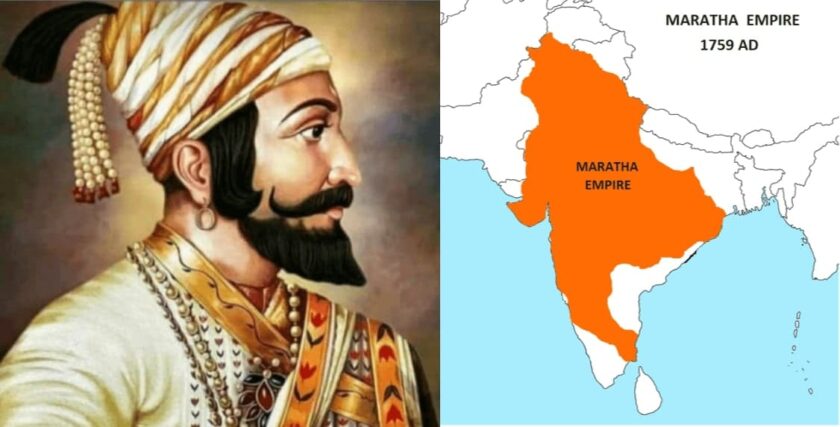
13. He got a nickname, The Mountain Rat:
Shivaji Maharaj was called Mountain Rat by the rival army’s generals. It is maybe due to his guerrilla tactics of attacking enemies.
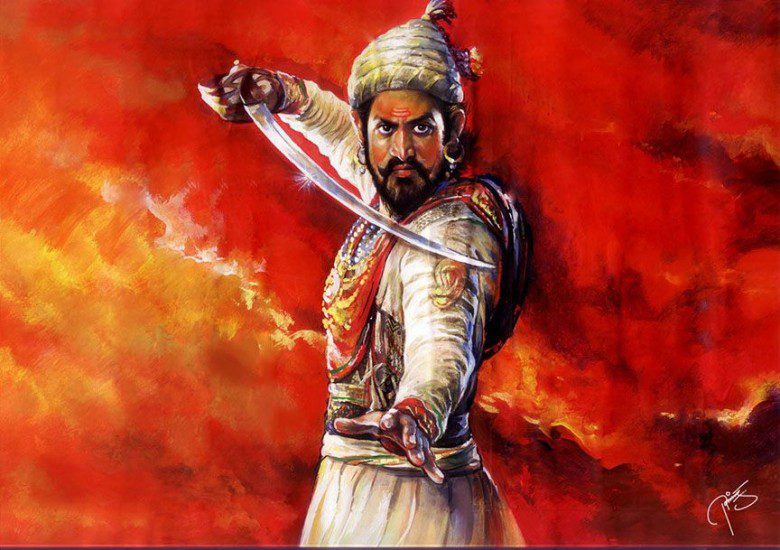
14. He is called as the father of Guerrilla warfare:
Guerrilla warfare basically means having a basic understanding of geographical lands and the guerrilla tactics such as surprise attacks on enemies, raiding and ambushing. This is the reason why Shivaji Maharaj was called the father of Guerrilla warfare.
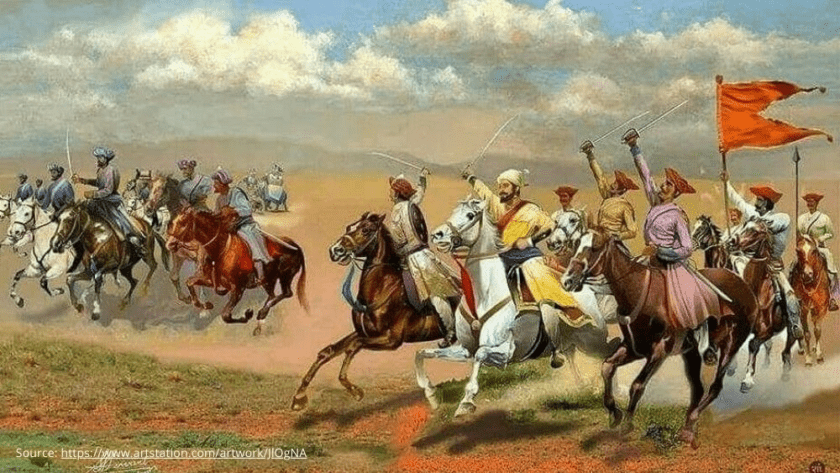
15. Goddess Tulja Bhavani gave Shivaji the sacred sword:
Goddess Tulja Bhavani is worshipped by the people of Osmanabad and surrounding regions of Maharashtra. It is general belief among the people there that Goddess Tulja Bhavani appeared once before Shivaji and gave him the powerful sword herself.
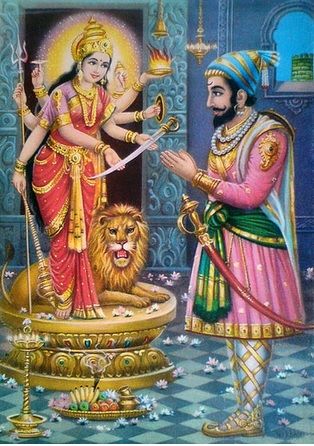
16. He executed various administrative reforms:
As a powerful ruler and warrior, Shivaji Maharaj executed various administrative reforms as well. For example, a council of 8 ministers and named this council as Ashtapradhan mandal. Each minister in this council was specialized in different areas of the governance.
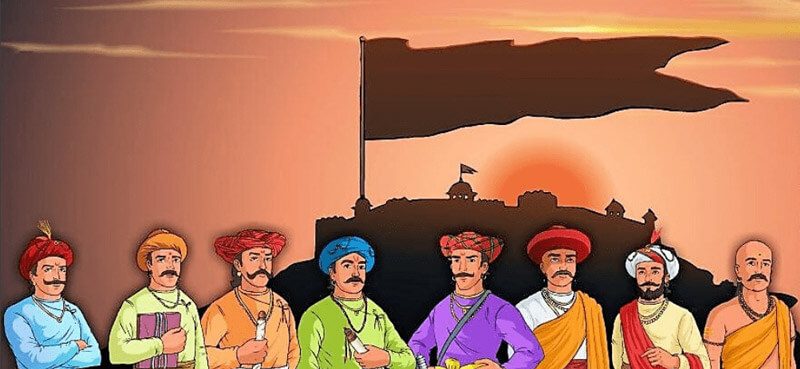
17. He also did rainwater harvesting:
Shivaji Maharaj was one of the most sensitive rulers who cared for environment also. He established rainwater harvesting systems in buildings and forts in order to have a steady water supply.
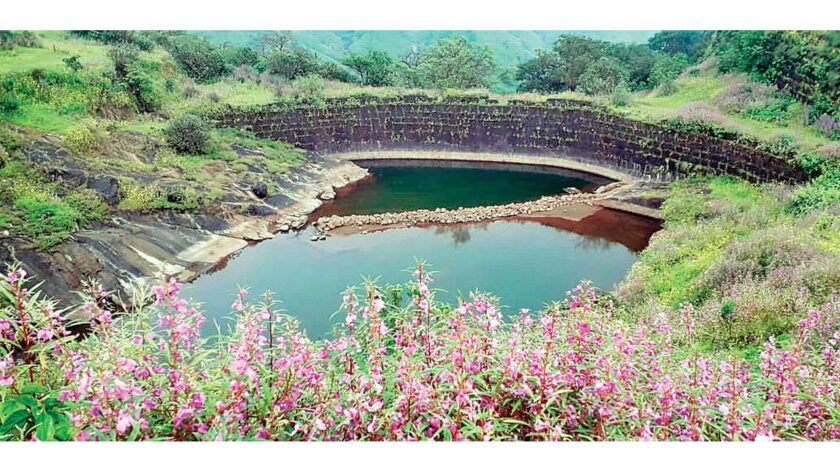
18. He was also a great supporter of art:
Shivaji Maharaj was a supporter and admirer of arts and culture. He supported the development of Marathi theatre, literature and music which means that during his reign, his kingdom was successful in the field of arts and culture as well.
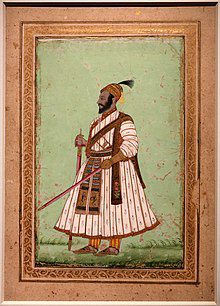
19. He defeated Afzal Khan:
Afzal Khan was a veteran general who was superior in strength and size to him. There was a rule made when Shivaji went to Afzal Khan to meet him in a hut that he had to carry only one sword, but he wanted to have a security backup thus, Shivaji wore an armor so that he would be saved when Afzal Khan attack him.
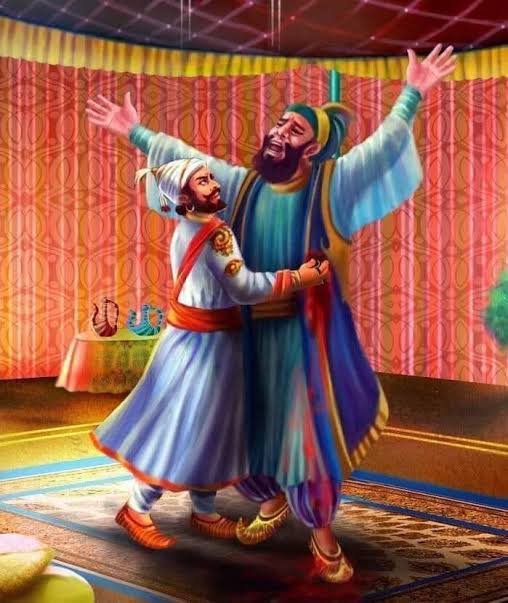
20. He was usually merciful for the people who surrendered:
Whenever a person from enemies’ army tried to surrender himself or had a sense of guilt in himself, Shivaji used to be quite merciful towards him and welcome him to his own army. He was not a judgmental king who would judge people from their background. He only looked for the right aim and right skills in a person.
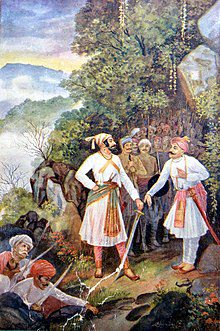
21. He was quite caring to commoners and no raids on religious places or households were allowed during his reign:
Shivaji Maharaj never gave any personal horses, weapons or tools to soldiers. Everything was provided by the government itself in order to ensure that nobody misuses anything. After battles, whatever was looted from the enemies’ kingdoms had to go straight in the treasury with proper accountancy. He also focused on buying ration rather than harassing the locals.
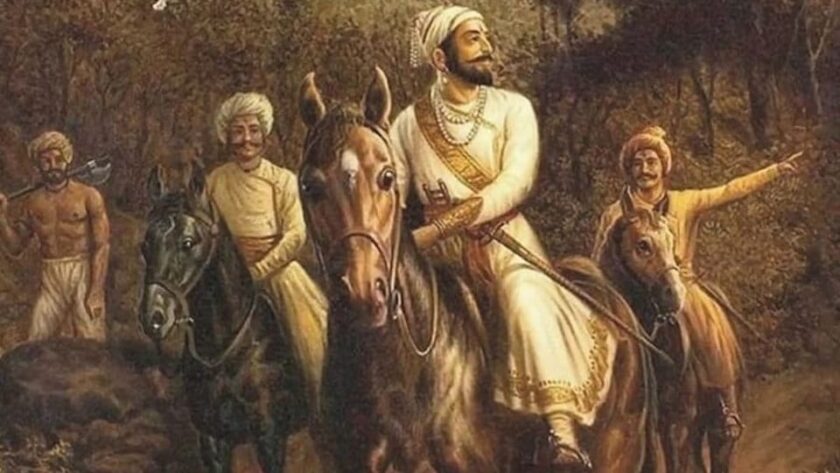
1. Who was Shivaji the great?
Shivaji Maharaj was a great Indian ruler who was also founder of Maratha empire. He was the member of Bhonsle Maratha clan and came out with his own independent kingdom. In 1674, he was crowned the Chhatrapati of his realm at the Raigad Fort.
2. Why is Shivaji Maharaj called the father of Indian navy?
He was the first one to think about Indian navy as he was aware of the significance of naval force from the very beginning of his life and thus, built a quite powerful navy in order to keep foreign invaders like British, Portuguese and Dutch. He also built naval forts at Sindhudurg, Jaigarh, Vijaydurg and so on.
3. Was Shivaji Maharaj a secular ruler?
Yes, he also used to have multiple Muslim soldiers in his army. In addition, he didn’t appreciate the caste conflict at all. He simply accepted all the religions and castes. He also supported the people who converted to Hindu religion and even married off his own daughter to a man who was converted into Hinduism.
4. Who gave Shivaji Maharaj the sacred sword?
Goddess Tulja Bhavani is worshipped by the people of Osmanabad and surrounding regions of Maharashtra. It is general belief among the people there that Goddess Tulja Bhavani appeared once before Shivaji and gave him the powerful sword herself.
5. How did Shivaji Maharaj escape Panhala fort?
When trapped in Panhala fort by Siddi Johar’s army, he created a plan to escape the fort. He arranged two palanquins. In one palanquin, a barber sat who looked exactly like him. About 600 soldiers went after the fake one meanwhile Shivaji successfully escaped.
6. How did Shivaji Maharaj die?
According to the British records, Shivaji Maharaj died in 1680 at the age of around 50, after being sick for 12 days due to high fever.

